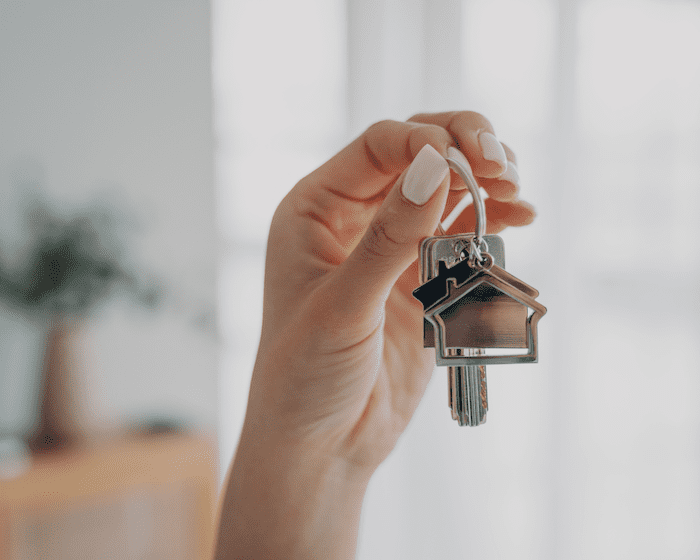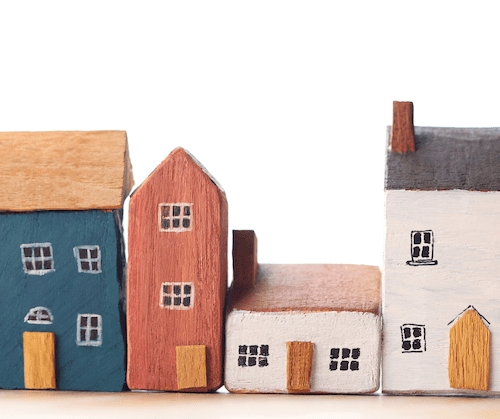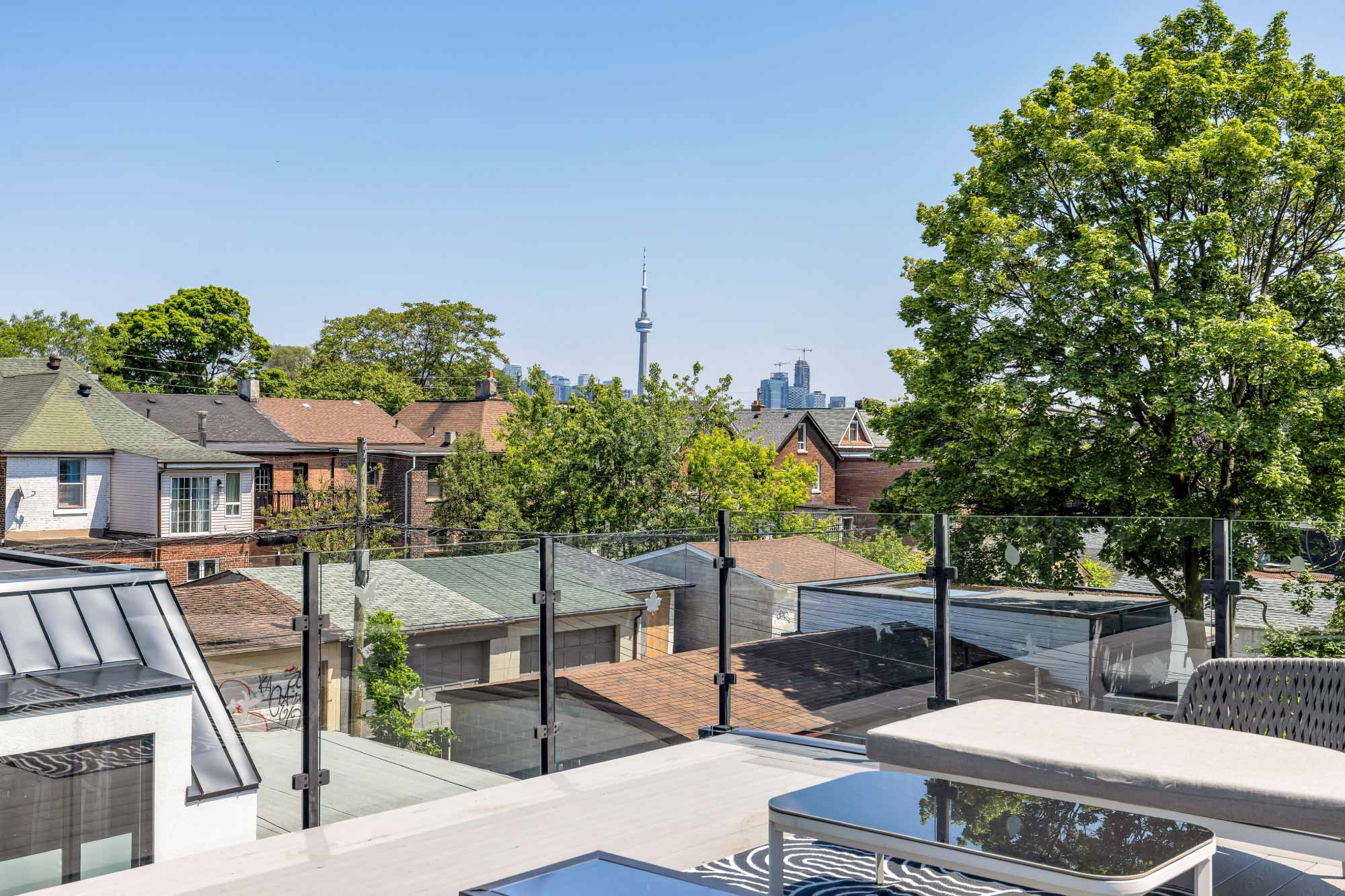You’ve been searching for a house of your own for a while now, and it looks like your long-awaited vision is about to become a reality! After visiting countless options, you’ve placed an offer, and it looks like the seller will accept.
One step of your journey is complete, and you feel on top of the world. Between now and your closing date, a lot will happen. If all goes well, most of this will take place behind the scenes, allowing you to carry on with your day-to-day life and your plans for when you get the keys to your new home. Still, as an educated buyer, it pays to understand how this critical aspect of your purchase works. In this post, we’ll drill down on the closing process, what happens at each step, and what it could mean for you.
Offer and Acceptance
The closing of the transaction kicks off when you place an offer, and the seller accepts it. It sounds simple, but it can get confusing in a competitive market. You may have to beat out several buyers to get the property you want. You may go back and forth a few times while ironing out the terms of the sale. However, in the end, you win. The seller accepts your offer, and the transaction becomes firm.
Buying a house is an exciting milestone, but there are a lot of moving parts involved. The following resources will help you make informed decisions:
- Upsizing in Etobicoke: Should You Make the Leap?
- Should You Buy a House Close to a School?
- Must-Have Features for Luxury Home Buyers in Etobicoke
Deposit and Down Payment
Within 24 hours, you will place a deposit to secure your purchase. This is different from the down payment, which will not be due until your agreed-upon closing date. The deposit is a good-faith gesture showing that you fully intend to honour your agreement. If your offer is conditional and one of the contingencies falls through, you can back out of the deal and receive your funds back. Otherwise, the seller may get to keep your deposit if the transaction falls through for any other reason.
Financing and Conditions
If you’ve placed a conditional offer, there will be a waiting period before your sale becomes official. You may anxiously be awaiting the results of a home inspection or to verify that you will be approved for sufficient financing. There is very little you can do during this stage but wait on pins and needles for everything to check out. If all conditions are met, everyone breathes a sigh of relief and moves on to the next step.
The Legal Process Begins
It’s time to hand over the process to a qualified real estate lawyer who will ensure all the i’s are dotted and every t is crossed so your purchase proceeds without a hitch. Your lawyer will review the purchase agreement and conduct an extensive title search so you can be sure there are no liens or issues with the property once you take possession.
Understanding Your Closing Costs
Buying a house in Toronto is expensive enough, but you must still be aware of all the closing costs you’re responsible for over and above the purchase price. There are legal fees, insurance costs, home inspection and appraisal fees.
Most importantly, you should be aware of the land transfer costs. This tax takes place whenever a property title changes hands in Ontario. It’s calculated based on the purchase price and translates into thousands of dollars. Toronto residents get hit particularly hard due to a municipal tax on top of the provincial fees. And this is one expense that you can’t just roll into your mortgage. Land transfer taxes must be paid upfront before the title transfer takes place. As a first-time buyer, there is some relief with the provincial and municipal land transfer rebates. When buying a house, you want to set aside between 3 to 5% of the purchase price to comfortably cover all the closing costs.
Learn more about closing costs in our post “Everything You Need to Know About Land Transfer Taxes.”
Review the Status Certificate
If you’re buying a condo, it is highly recommended that you request and review the building’s status certificate. This document reveals critical details you need to know about the condo corporation and how well the building will be maintained. You can also see all of the bylaws and regulations you’ll be expected to follow as a building resident. Reviewing the status certificate is so important that many buyers will include it as a condition of sale on the offer. Once everything checks out, you’re one step closer to moving into your new home.
Title Insurance
The property title is one aspect of homeownership that most people think about only when they have to. When buying your home, your real estate lawyer will usually arrange for title insurance automatically to protect you from fraud.
Real estate fraud is rare enough that you should not panic over it, but it can happen if you are unprepared. Find out more in our post, “Real Estate Fraud? Yes, It’s A Thing.”
Title Transfer and Possession
The most exciting (and hectic) aspect of your journey has arrived! It is closing day, and all the final pieces will fall into place. The deposit gets added to your down payment, and all funds from your mortgage are released to the seller.
You and the seller both sign the final paperwork, and the property title transfers to your name. Now that you’ve got the keys to your new house, it’s time to unpack your belongings and decide what goes where. Once you get a little more settled, the fun part begins! The house is yours to enjoy and start moulding to your vision!
You’ll also be excited to step out into your community, introduce yourself to your new neighbours, and discover your new favourite hotspots in the city.
Are you ready to begin the exciting process of house hunting in Toronto? We are here to guide and support you every step of the way. Reach out to us right here or call 647.232.7317 today with any questions you have.

Meet The Team
See how our dynamic duo leads a smart strategy to help you sell your Toronto home for top dollar.









